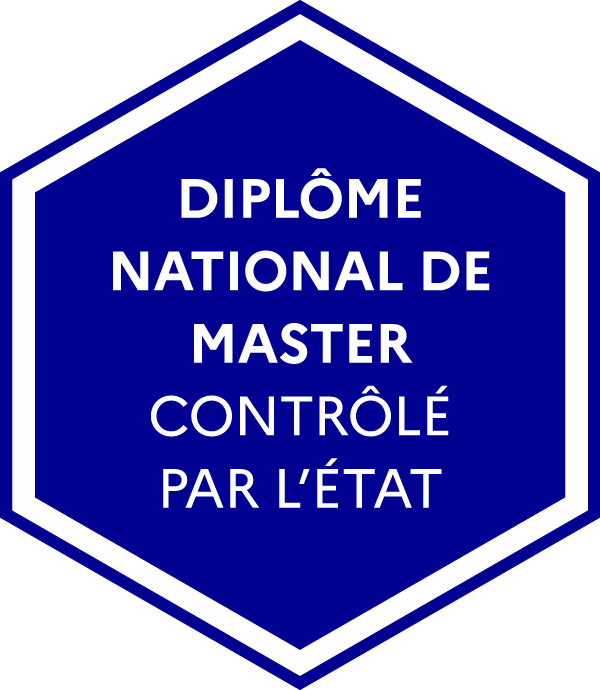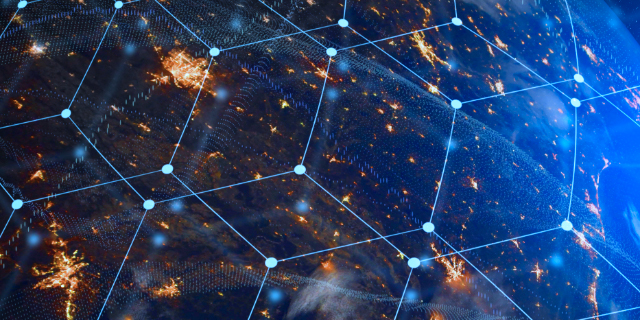Overview
Master
National diploma- Degree awarded Master
- Graduation year Bac + 5
- Graduation level Level 7
- Mention
- Signal and Image Processing
-
Location
- GRENOBLE Scientific Polygon
- Duration 2 ans
-
Available as
- Initial education
Summary
This master proposes the students to deepen their knowledge and develop their expertise
In the field of digital signal and image processing, computer sciences and information technologies. A particular emphasis is put on fundamental modern tools for signal and systems modeling, information extraction from experimental data as well as information representation and conditioning.
In the field of digital signal and image processing, computer sciences and information technologies. A particular emphasis is put on fundamental modern tools for signal and systems modeling, information extraction from experimental data as well as information representation and conditioning.
To acces the dedicated website, click here.
Objectives
The program is dedicated to provide the students the necessary competences to become creative specialists in various areas involving numerical technologies, such as biomedical signal processing, observational sciences (geosciences, monitoring, remote sensing,), artificial intelligence (machine learning, statistical inference, computational Bayes methods) to mention a few.
The master is designed to prepare for PhD studies in the fields of electrical engineering and computer sciences, with a focus on digital methods. An important part of the lectures is dedicated to introduce present research and development topics ; this teaching is organized into a series of short lectures given by professional and researchers from companies or labs developing research or applications in the field of information technologies. A 5 to 6 months internship in a research lab or in a company involved in R&D is part of the cursus.
The master is designed to prepare for PhD studies in the fields of electrical engineering and computer sciences, with a focus on digital methods. An important part of the lectures is dedicated to introduce present research and development topics ; this teaching is organized into a series of short lectures given by professional and researchers from companies or labs developing research or applications in the field of information technologies. A 5 to 6 months internship in a research lab or in a company involved in R&D is part of the cursus.
-
Training partners
LaboratoriesLaboratoire partenaires
- GIPSA-LAB,
- IPAG,
- ISTERRe,
- LISTIC,
- ENS-LYON,
- Laboratoire Hubert Curien.
EntreprisesEntreprises partenaires (liste non-exhaustive)
- CEA,
- Thales,
- Trixel,
- EDF.
Other institution(s) delivering the degreeCo-accreditation : Université Grenoble Alpes (Phitem)
Admission
- Who should apply? Bac + 3, Bac + 4, Bac + 5
- required training M1: The candidate should have a license degree, studied 3 years in university level or validated an equivalent of 180 ECTS in the fields of applied mathematics, computer science or electronic systems. Also, the candidate should prove sufficient english level (CEFR (B2), TOEFL (IBT 87-109), IELTS (5.5-6.5), TOEIC (785-945) or equivalent).
M2: The candidate should have a M1 level, studied 4 years in university level or validated an equivalent of 240ECTS in the field of applied mathematics, computer science or electric systems. Also, the candidate should prove sufficient english level (CEFR (B2), TOEFL (IBT 87-109), IELTS (5.5-6.5), TOEIC (785-945) or equivalent).
Engineer/Master Dual Degree accessible to Phelma Engineering degree students who have validated the 2nd year of SICOM field of study. -
Available as :
- Initial education
Entry requirements
Program
- Course duration 2 ans
- Internships mandatory/abroad
Program
M1
Courses entirely taught in English.
M2
Courses entirely taught in English.
International
- Language of instruction M1 : 100% english
M2 : 100% english - Internship abroad Yes
Prospects
- Graduation year Bac + 5
- Graduation level Level 7
Careers
Competences
SIGMA offers a unique track, it allows students to choose courses more adapted to their project ; skills acquired thus will be based on core course to all students and are available on the following topics at the heart of science data (Data Sciences)
SIGMA offers a unique track, it allows students to choose courses more adapted to their project ; skills acquired thus will be based on core course to all students and are available on the following topics at the heart of science data (Data Sciences)
- Signal and systems modelisation, random process
- Formating, extracting et analysing data in complex systems: Inverse problem, detection, statistical machine learing. Big data technics
- Applications en imagerie multi et hyper-spectrale, applications biomédicales, neurosciences, astro, géosciences…
Jobs: jobs in the research and developpement sector for signal and image processing.
Industrial / Research sectors: Health, Telecommunication, Defense, Universe science (geophysics, astrophysics),...
Further learning opportunities
PhD programs in the domain of Information technology and telecommunication.
French State controlled Master's degree

contacts
- Ronald PHLYPO - +33(0)4 76 82 64 86
- Hacheme AYASSO - +33(0)4 76 82 71 04
Secretary: Noëlle CHAPAYS - +33(0)4 56 52 92 27
Other institution(s) delivering the degree
Co-accreditation : Université Grenoble Alpes (Phitem)



